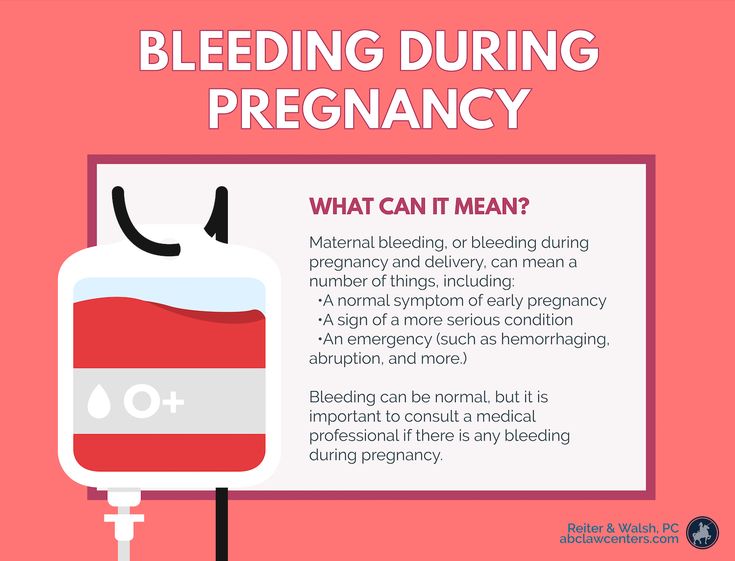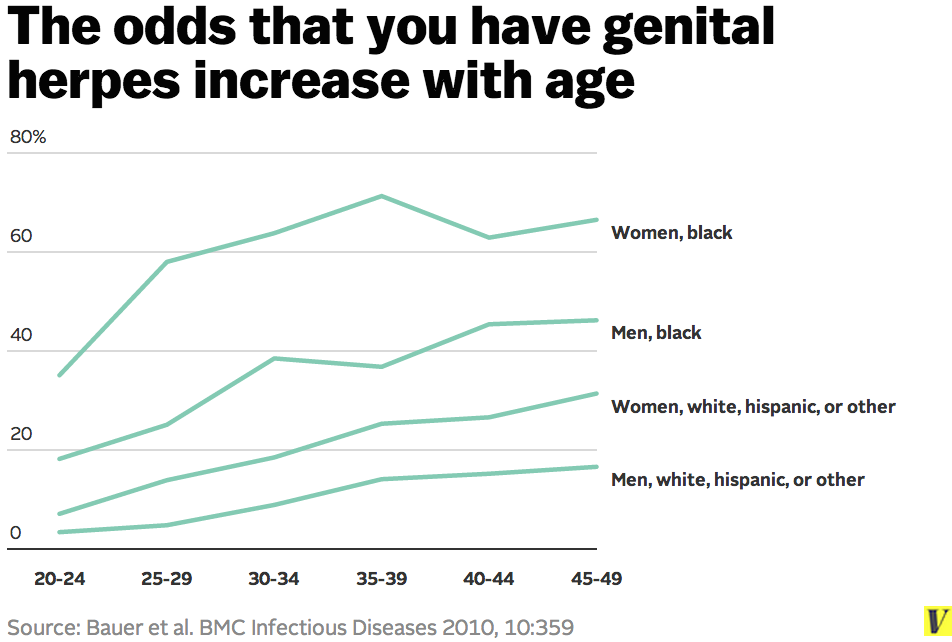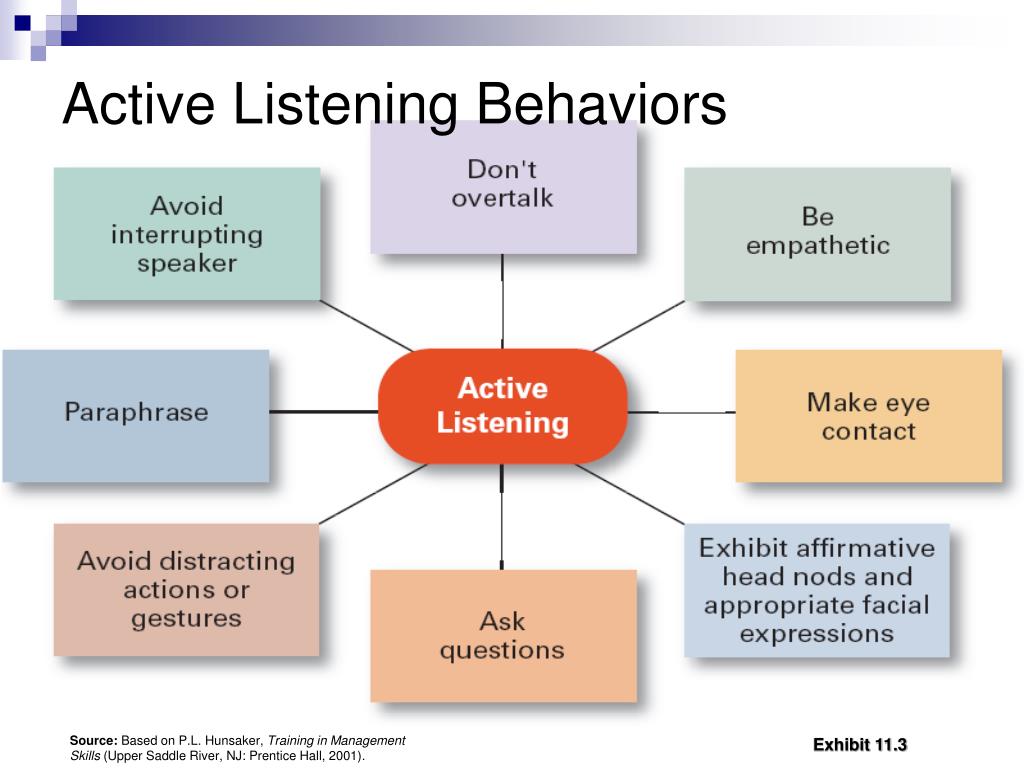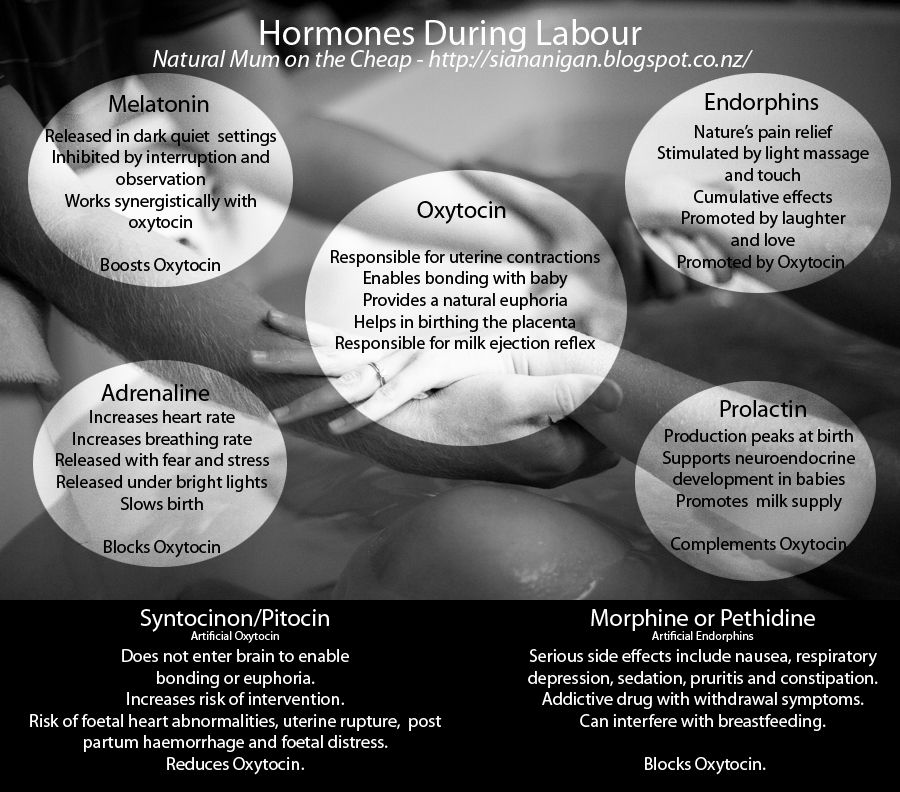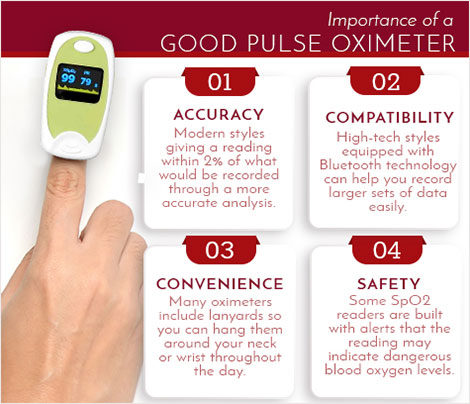First week after birth
Your newborn’s first week: what to expect
About your newborn’s first week of life
Newborns spend their first week of life adapting to their new environment.
The outside world is very different from the womb, where it’s dim, the temperature is constant, and noise is muffled. You can help your baby get used to the outside world by giving them warmth, love, security, attention – and lots of cuddles and smiles.
Your newborn’s appearance in the first week of life
Your newborn’s appearance will change over the first week.
If your newborn’s head is a bit cone shaped after journeying through the birth canal or because of a vacuum-assisted birth, it should round out to a more normal-looking shape.
Any swelling around your newborn’s face and eyes will go down within a few days. If your newborn’s face or head has been bruised – for example, after a forceps birth – the bruising will disappear. Newborns with bruising are at risk of newborn jaundice. Let your midwife, GP or child and family health nurse know if the skin on your newborn’s face looks yellow and you think it might be jaundice.
Your newborn’s umbilical cord will gradually dry, become black and then fall off, usually within the first 10 days. Try to keep the umbilical cord clean and dry. If the area around the umbilical cord looks red or is sticky, let your midwife, GP or child and family health nurse know.
Your newborn might have one or more birthmarks, either at birth or later on. Birthmarks are common and usually don’t need medical attention. But if your newborn’s birthmark concerns you or if it changes, it’s a good idea to have it checked by your GP or child and family health nurse.
Feeding and sleeping in the first week of life
Your newborn will sleep most of the time, waking up every few hours to feed. Newborns can’t ‘sleep through the night’. They have tiny tummies, so they need to wake and feed often.
Most newborns feed every 2-4 hours, and they have around 8-12 feeds every 24 hours. Sometimes feeds might last up to an hour, especially if your newborn is breastfeeding.
Newborns usually wake for feeds. But some might need to be woken for feeding – for example, newborns who have lost a lot of weight, are very small, or are jaundiced.
It’s likely to be a while before you see a pattern or routine of feeding and sleeping.
In the first few weeks, looking after yourself is important. This means eating well and doing some physical activity, and also resting when your baby sleeps, which will help you catch up on sleep. Getting help from family and friends can make a big difference too.
Development in the first week of life
Your newborn is learning a lot as you spend time together every day. Their brain is growing and developing as they see, hear, smell and touch the world around them.
Your newborn will close their hands involuntarily in the grasp reflex and will startle at sudden loud noises. They’re also likely to have sudden jerky movements while asleep.
Bonding and communicating in the first week of life
You can communicate with your newborn using your voice, touch, sight and smell. Gentle touch, cuddling, smiling and gazing communicates important information about your newborn’s place in the world, and helps your newborn feel safe and secure with you.
During this first week, you’ll also start getting to know how your baby communicates with you using baby cues and body language.
Bonding and attachment are about always responding to your newborn’s needs with love, warmth and care. And bonding and attachment are vital to all areas of your child’s development, including brain development.
Common health concerns in the first week of life
Weight loss
It’s normal for newborns to lose weight during the first five days after birth. This happens as they lose excess fluid. This weight loss shouldn’t be more than 10% of their birth weight. Most newborns regain their birth weight after 1-2 weeks. If your newborn has lost too much weight, they might have to be readmitted to hospital until they’re feeding well and gaining weight each day.
Sticky eye
It’s common for newborns to develop sticky or discharging eyes during the first few weeks of life. The most common cause is blocked tear ducts. This issue usually gets better by itself, but gentle eye cleansing and massage will also help. It’s best to have your GP or child and family health nurse check your newborn’s eyes if they’re red and sticky.
Rashes
Newborns can develop all sorts of rashes, which usually aren’t serious. But if your newborn has a rash, it’s best to have your GP or child and family health nurse check it out. Common rashes include cradle cap, nappy rash, heat rash , eczema, milia and dry skin.
When to seek medical help
If something doesn’t seem right and you’re worried about your newborn, seek medical help. Contact the midwives at the unit where your baby was born, your GP or your child and family health nurse.
Seek medical help as soon as possible if your newborn:
- isn’t feeding – for example, your newborn is taking half the normal volume or number of feeds in a 24-hour period or vomits more than half of three feeds in a row
- has fewer than 6-8 wet nappies per day
- seems irritable, lethargic or very tired all the time or is hard to wake for feeds
- has pale or yellow skin.
Crying in the first week of life
Newborns might cry because they:
- are hungry
- have a wet or dirty nappy
- feel too hot or too cold
- want you close for reassurance.
If your newborn is crying, you can try feeding, changing their nappy, cuddling or rocking, speaking or singing in a soothing voice, or giving them a warm relaxing bath.
And if your newborn is crying a lot, remember that it’s normal for newborns to cry. Comforting your newborn will help them feel safe and secure.
When to seek help for crying
If you think your newborn is crying too much or you’re having trouble coping, speak to your GP or child and family health nurse as soon as you can.
In particular, seek medical help if your newborn:
- has a high-pitched cry (like a cat’s)
- seems to have a weak cry or is moaning
- is crying for long periods of time.
Crying is a newborn’s main way of telling you what they need. You might like to print out our illustrated guide to settling a crying baby, and stick it up somewhere handy.
After the first week: baby health check-ups
Your nearest early childhood centre provides free check-ups for your baby, usually at two, four and eight weeks after birth.
When you go for your baby’s check-ups, it’s a good time to ask questions about anything, from rashes to vomiting to crying. You could write a list of questions before the check-ups so you don’t forget to ask the nurse anything you want to know.
First days after birth - Better Health Channel
Most women have a healthy, safe and uncomplicated recovery after having a baby in hospital or at home. The first few days are a time for resting, looking after yourself and learning about your baby.
First hours after birth
Soon after your baby is delivered, your healthcare team will be busy with a number of tasks. These include:
- performing an Apgar assessment (this evaluates your baby’s heart rate, breathing, muscle tone, reflex response and colour, and provides an ‘Apgar score’ which describes your baby’s condition after birth)
- putting on tags to identify your baby
- clamping the umbilical cord
- weighing your baby
- keeping your baby warm.
Vaginal birth
With an uncomplicated vaginal birth, the placenta will usually pass shortly after the baby has been delivered. You can have an injection to speed up the delivery of the placenta. Sometimes your doctor may need to repair a tear or surgical cut (episiotomy) between the vagina and the anus with stitching under local anaesthetic.
Caesarean section
A Caesarean section is a procedure to deliver a baby by a surgical operation. If you have had a caesarean section, you will probably have some time with your baby before you are taken to the recovery room. Within a few hours, you will be moved to the maternity ward. You will be hooked up to an intravenous drip to stay hydrated, and to a catheter for urination.
For more information see the Caesarean section fact sheet.
Home birth
If you give birth at home, your midwife will stay with you until they are confident that you and your baby are stable. They will help you start breastfeeding and talk to you about support over the next six weeks.
For more information see the Homebirth fact sheet.
Complications and special care
Sometimes during labour and birth there are complications that mean that you or your baby will need more attention or intervention. In some situations, your baby may need to be transferred to a higher level of care – to the Neonatal Intensive Care Unit (NICU) or Special Care Nursery (SCN) at hospital. Premature babies often need to stay longer at hospital.
After the physical and emotional challenges of a difficult birth, this can be a stressful time. Your healthcare team will keep you and your birth partner informed and up-to-date.
For more information see the Premature babies and the Specialised care for your baby fact sheets.
Skin-on-skin time is very comforting for your newborn. Your newborn baby will be placed on your belly straight after an uncomplicated vaginal delivery.
Newborns tend to be very alert after birth and will often seek out the breast by themselves. Breastfeeding within the first hour or so has many benefits because you are giving your baby a liquid rich in antibodies, called ‘colostrum’. But if skin contact and breastfeeding cannot happen straight away, there is time later to establish these bonds.
If you had a caesarean section, you can usually hold your baby in the operating room straight after birth. You will be given the opportunity to breastfeed as soon as possible after the operation. This may happen when you are being stitched up, in the recovery room or the maternity ward. For partners, the time apart while you recover from surgery is a special time for them to hold the baby and bond.
Healthcare teams at hospital and home
If you are in hospital, a doctor will come by the maternity ward to check on your recovery. Nurses will also regularly visit and provide advice on looking after yourself over the next few weeks, including:
- urination and bowel movements
- emotional health
- perineal care (care of the area of skin and muscle between your vagina and your anus)
- breast care
- fatigue
- head or back aches
- pain relief
- contraception.
A paediatrician (a doctor who specialises in treating children) will check your baby and let you know about any follow-up appointments that you need to book.
If you had a home birth, your midwife will visit regularly at first to check on your health and help with any questions. After that, they will organise follow-up visits that suit your needs.
Physical recovery after birth
Your body will start adjusting quickly after birth. Your doctor or midwife will talk to you about what is normal and when to ask for help. Each pregnancy and birth will be different, but there are some common changes that happen to your body after the baby is born.
Bleeding
Vaginal discharge, called lochia, is normal in the first days after giving birth. This tissue and blood from the uterus will be heavy and bright red to start and then become lighter in flow and colour. It will stop after a few weeks.
To manage this heavy bleeding it is best to use maternity sanitary pads. As the bleeding slows you will be able to use regular sanitary pads. Avoid using tampons for up to six weeks after birth as this can increase the likelihood of infection.
Cramps
Cramping is also a common symptom as your uterus contracts down to its normal size. Cramps can be more noticeable when your baby is breastfeeding.
Swelling
Swelling in the legs and feet can happen in some cases. Keeping your feet elevated can help.
Bowel motion and urination
Your first bowel movement may be a few days after delivery, especially after a caesarean section. Some women have haemorrhoids, sore muscles or an episiotomy that will make going to the toilet painful. Constipation can happen. Drinking plenty of water and eating fresh fruit and vegetables will help.
After pregnancy and birth, the muscles in your urinary tract are stretched. You may find some incontinence when you cough, laugh or strain, especially if there was a lengthy labour.
Sore breasts
Your breasts and nipples will be full and sometimes sore as the milk comes in three to six days after your baby arrives. Your midwife will show you how to self-express to relieve some of the tenderness and encourage milk supply.
Caesarean section recovery and wound care
If you had a caesarean section, you have had major abdominal surgery. It will take time for your body to recover and you will be given strong pain relief for the first few days. Your stitches will need dressings changed and monitoring for infection.
If you had a vaginal birth, sitting down can be uncomfortable, especially if you have stitches. Your doctor or midwife will advise you on remedies, pain relief and care of the wound.
Hospital staff will let you know when and how stitches need to be removed.
Emotional recovery after birth
It is normal to feel a rollercoaster of emotions after giving birth. There is often a dip in mood around the third or fourth day after your baby arrives, also known as the ‘baby blues’. These feelings are very common and can be due to changes in hormone levels, breastfeeding, lack of sleep and fatigue. They usually go away in the first few weeks after giving birth.
If you keep feeling anxious or depressed, make sure you get professional advice and the help that you need. Postnatal depression is common and treatable with the right support.
For more information see the Postnatal depression fact sheet.
Feeding your baby
Breastfeeding is best for newborn health. Premature babies or babies with special health needs often require extra support, for example expressing milk or formula feeding. Your midwife and doctor will talk through your options if breastfeeding is not possible.
It can be a challenge to breastfeed in the early days as you and your baby both get used to something new. Your baby may seem unsettled on day two or three while your colostrum changes to mature milk. It is normal for a newborn to feed every two hours, which will mean disrupted nights, even with help from nurses at hospital.
Advice on position and attachment can really make a difference when you are starting to breastfeed. As well as tips from midwives and breastfeeding support groups, private lactation consultants can help with breastfeeding problems.
If you need to bottle feed, you will be shown how to make up the feed, clean and sterilise bottles and teats, and store the expressed milk or formula.
Safe sleeping for your baby
Your midwife and maternal child health nurse will give you information on how to create a safe sleeping environment for your baby. There are a number of simple steps that will help minimise the rare but potential risk of sudden unexpected death in infancy (SUDI), including Sudden Infant Death Syndrome (SIDS).
If you want your baby to share your bed in hospital or at home, let your midwife know so they can help with safety advice.
For more information see the Sudden unexpected death in infants (SUDI and SIDS) fact sheet.
Newborn care
It is natural to be nervous when looking after a small baby. Hospital nurses or a midwife will take you through daily care to prepare you for going home, including:
- cues from your newborn when they are hungry or tired
- bathing safely
- skin care
- holding a newborn
- dressing for the weather
- putting on a nappy
- weight loss and gain
- feeding and sleeping patterns
- umbilical cord care
- managing common health concerns such as jaundice, skin rashes, and changes in urine or bowel movements.
Health records and birth paperwork
Before you leave hospital, the following documents will be provided to you and explained:
- My Health and Development Record child health record and guide to parenthood and child health for the first five years
- Parent Pack resource kit with information on community services and programs
- Family Assistance application forms
- Medicare application forms
- birth registration forms.
Tests, checks and vaccinations for newborns
Your midwife or doctor will talk to you about the following tests, screens or vaccinations for your baby. These are done before you leave hospital or in the first week:
- newborn physical exam – an initial physical exam is done soon after birth to detect significant abnormalities, birth injuries or cardio-respiratory disorders; a more thorough exam is done during the hospital stay, usually more than 24 hours after birth
- hepatitis B vaccination to start long-term protection against this disease – best given within 24 hours after birth
- vitamin K injection or oral dose to help blood clotting and prevent serious bleeding – this is best given within a few hours after birth
- universal newborn hearing screening (UNHS) to detect permanent hearing impairment (PHI) – should be done within the first week
- newborn screening test or ‘heel prick’ to screen for rare genetic conditions such as phenylketonuria, hypothyroidism and cystic fibrosis – usually done between 48 and 72 hours after birth.
For more information see the Tests, scans and checks for newborns fact sheet.
Leaving hospital after birth
You are ready to leave hospital when you (and your baby) are medically fit, can confidently feed your baby and have enough home support in place. Make sure you car is fitted with an appropriate child restraint.
Some women choose to go home as early as six hours after birth. Others choose to spend a day or two in a maternity ward. If you decide to stay, let hospital staff know when you would like to go home. There are a number of things that need to be planned and organised before the morning of your discharge.
If your labour or birth was assisted, you will stay longer at hospital. After a caesarean section, women usually stay two to five days in hospital.
For more information see the Hospital birth fact sheet.
Your midwife will be able to tell you about healthcare support services that you can access when you get home. For example:
- home-based postnatal care visit
- breastfeeding support
- lactation consultants
- physiotherapists
- maternal and child health services
- where to go for your six week check-up
- mental health and postnatal depression support.
Most hospitals will offer a home-based postnatal care visit from a midwife within the first week of being at home with your new baby. The midwife will check:
- how you are coping
- how you are managing with breastfeeding
- how your wound is healing (if you have one)
- that your uterus is contracting well – this is checked by examining your tummy
- your baby’s health and weight.
When to call for help
Parenting helplines, your GP or your maternal and child health nurse can help if you have questions about your baby or your own health during the first few days at home.
For telephone support and information, call:
- ParentLine telephone helpline on 13 22 89 (8 am to midnight, seven days a week)
- Maternal and Child Health (MCH) Line on 13 22 29 (24 hours per day, seven days a week).
Where to get help
- Your doctor
- Midwife
- Maternal and child health nurse
- ParentLine, Tel.
13 22 89
- Maternal and Child Health (MCH) Line, Tel. 13 22 29
- Australian Breastfeeding Association – 1800 686 268
Newborn baby. First week of life.
1326
2
Nazarok Yana
26 August
Happy parents pick up the baby from the maternity hospital. What's next? How is the baby's first week going?
Oddly enough, a newborn spends the first week of his life adapting to his new environment.
For him, the outside world is significantly different from the mother's womb, where it is gloomy, the temperature is constant, and the noise is muffled. It is in your hands to help the baby get used to external factors, giving him warmth, love, safety, attention, as well as a lot of hugs and smiles.
1 week old baby. Appearance of the child.
Within 1 week of a child's life, his appearance will change. If your newborn's head is cone-shaped after passing through the birth canal or due to vacuum assisted delivery, it will round out to a more normal shape during this time.
Puffiness around the face, eyes will disappear within a few days. If there were bruises on your newborn's face or head, such as after a forceps delivery, the bruising will disappear. Newborns with bruising are at risk for neonatal jaundice. Tell your midwife, GP or pediatric and family nurse if the skin on your newborn's face looks yellow and you think it might be jaundice.
Your newborn's umbilical cord will gradually dry out, turn black, and then fall off, usually within the first 10 days. Try to keep the umbilical cord clean and dry. If the umbilical cord area looks red or sticky, be sure to contact your obstetrician, pediatric clinic or family doctor.
Birthmarks may appear at birth or later. Birthmarks are common and do not require medical attention. But if the birthmark still bothers you or the baby, or it has changed, we recommend that you contact a children's clinic or a family doctor.
First week of life. Baby food and sleep.
During the first week, a newborn baby will sleep quite a lot and often. He will sleep a lot, while waking up every few hours to eat. Babies don't have the physical ability to sleep through the night. Therefore, they need to be awakened often to feed, as they have tiny tummies.
Simple arithmetic. Babies feed every 2-4 hours. Translating everything into 24 hours, that's about 8-12 feedings. If the baby is breastfed, the feeding process can take up to an hour. Newborns usually wake up to feed. But some may need to be awakened for feedings, such as newborns who have lost a lot of weight, are very small, or have jaundice. It is unlikely that from the first days of life you will be able to see any pattern between sleep and feeding, this will take some time. In these first few weeks, remember to take care of yourself. This means eating well and being physically active, as well as resting when your baby is sleeping, which will help you catch up. Getting help from family and friends can also go a long way.
Development in the first week of life
Your newborn learns a lot when you spend time together every day. Their brains grow and develop as they see, hear, smell and touch the world around them. Your newborn will involuntarily clench his hands in a grasping reflex and flinch at sudden loud noises. They may also have sudden jerky movements while sleeping.
Rapprochement and communication in the first week of life
You can communicate with your newborn using your voice, touch, sight and smell. A gentle touch, a hug, a smile and a look convey important information about your newborn's place in the world and help him feel safe around you. During this first week, you will also begin to learn how your baby communicates with you using baby signals and body language. Bonding and affection is about always responding to your newborn's needs with love, warmth and care. And bonding and attachment are vital to all areas of your child's development, including brain development.
General health problems in the first week of life
Weight loss
It is normal for newborns to lose weight during the first five days after birth. This happens when they lose excess fluid. This weight loss should not exceed 10% of birth weight. Most newborns regain their birth weight in 1-2 weeks. If your newborn has lost too much weight, he may need to be readmitted to the hospital until he is eating well and gaining weight every day.
Sticky eyes
Newborns often develop sticky or purulent discharge from the eyes during the first few weeks of life. The most common cause is a blocked tear duct. This problem usually goes away on its own, but gentle eye cleaning and massage can also help. If your newborn's eyes are red and sticky, it's best to have your GP or pediatric and family nurse check your newborn's eyes.
When to seek medical attention
If something seems wrong and you are worried about your newborn, seek medical attention. Contact the midwives at the ward where your baby was born, your GP or your child and family nurse.
Seek medical attention as soon as possible if your newborn:
- is not eating—for example, your newborn takes half the normal amount or number of feeds in 24 hours, or vomits more than half of three consecutive feeds
- uses less than 6-8 wet diapers per day
- seems irritable, lethargic or very tired all the time or is difficult to wake up for feeding
- has pale or yellow skin.
Crying in the first week of life
Newborns may cry because they are:
- hungry
- have a wet or dirty diaper
- feel too hot or too cold.
If your newborn is crying, you can try feeding him, changing his diaper, hugging or rocking him, talking or singing in a soothing voice, or giving him a warm, relaxing bath.
And if your newborn cries a lot, remember that it's normal for newborns to cry. Comforting your newborn will help him feel safe.
When to seek help with crying
If you think your newborn is crying too much or is having difficulty coping with it, talk to your family doctor or child and family nurse as soon as possible.
In particular, seek medical attention if your newborn:
- has a high-pitched cry (like a cat)
- he seems to be crying or moaning weakly
- cries for a long time.
Crying is the newborn's primary way of telling you what it needs. You can print out our illustrated guide to soothing a crying baby and hang it somewhere handy.
After the first week: child health check
Your nearest early childhood center provides free checkups for your baby, usually two, four and eight weeks after birth.
When you go to see your child, this is a good time to ask questions about anything from rashes to vomiting to crying. You can make a list of questions before your visit so you don't forget to ask the nurse anything you want to know.
Child development calendar: first week of life
home
Parents
How to raise a child?
Child development calendar: first week of life
- Tags:
- Expert advice
- 0-1 year
- mental development
- tactile sensations
From the moment a child is born, the so-called neonatal period begins, which lasts for the first month of his life. During this period, the baby adapts to new conditions: from the warm and dark space of his mother's belly, which tightly "hugged" him in the last weeks of pregnancy, he enters a world filled with bright light, sounds, smells and different sensations. Nature gives the child about three weeks to adapt to the new conditions of life, and this is the most difficult period in his life. Therefore, when organizing care for a newborn, it is important for parents to learn to understand and satisfy the needs of the baby in order to help him successfully adapt to the world around him.
In the first episode of the program from the series “We are parents!” singer, actress and mother Anna Rudneva talks about her experience of raising a child from birth to a year.
Physiological features of the development of the child in the first week of life
Nutrition of the child in the first week of life
At first, the baby eats very often. The best food for him is breast milk, which contains all the necessary nutrients and vitamins. In addition, breast milk is an “individual product” that the mother’s body produces only for this child, taking into account his needs and state of health. The composition of breast milk varies with the age of the baby. So, in the first two or three days after birth, he feeds on colostrum, which has a rich and valuable composition. Modern pediatricians recommend feeding a breastfed baby on demand, that is, as many times as he wants.
Baby's sleep in the first week of life
In the first month of life, the baby sleeps a lot - 19-20 hours a day, waking up every two to three hours to eat. The periods of wakefulness of a newborn do not depend on the time of day, and sleep is significantly different from that of an adult. Infants are characterized by the so-called superficial phase of sleep. If a sleeping baby is disturbed during this period, he can easily wake up.
Features of the skin of newborns
The skin of a newborn baby has a number of features. It is rather dry and thin, easily vulnerable and prone to irritation. On the wings of the nose and cheeks of the baby, whitish or yellowish “dots” may be noticeable - the result of the accumulation of the secretion of the sebaceous glands. Also on the forehead, back of the head and upper eyelids of the child there may be purple-bluish spots that will disappear in a few weeks.
Also on the skin of healthy newborns, the so-called physiological erythema can be observed - expansion of the skin capillaries, which looks like redness. This is the result of adaptation of the skin to the environment. Normally, this phenomenon disappears within ten days and does not require treatment. However, if physiological erythema has not passed after this period, parents should show the child to the doctor.
Mental development of a newborn child
According to child psychologists, in addition to physiological needs, the main need of the baby during this period is the need to feel the presence of the mother, the warmth of her body, the beating of the heart. The presence of an adult nearby, who is able to understand his needs and eliminate troubles, gives the newborn a sense of security, forms his basic trust in the world - the feeling that the world is reliable and safe. Therefore, the most important for the full mental development of the child during the neonatal period is the physical presence of parents, mainly mothers.
The emotional state of the newborn and the formation of temperament
Even before birth, the child is able to respond to the mother's emotional state. All experiences of the mother, both positive and negative (including stress), are immediately transferred to the psychological state of the child. Therefore, if the mother is constantly nervous or angry, the baby can become moody and whiny.
The mother's temperament and mood also influence the development of the child's own worldview, attitude towards others and life in general.
The first knowledge of the world of the newborn is carried out together with mother's milk.
Feelings and sensations of a newborn: crying
Mothers should know and remember that a newborn's feelings and sensations are not differentiated from emotions. The baby communicates his needs to his parents in the only way available to him - by crying. Most often, it is caused by hunger or thirst, the need for warmth, wet or dirty linen, various physical inconveniences associated with a static body position or clothing. At first, parents do not distinguish the crying of a hungry child from the crying of a child who is cold or overheated. But the newborn does not yet know what he wants. The kid feels that “something is wrong” and reports it. Therefore, he willingly accepts everything that is offered to him: breasts, a warm blanket, stroking his tummy. After some time, the baby begins to understand that he will be relieved of discomfort. And then next time he will spit out the pacifier and throw off the blanket with his legs.
A newborn's need for love and care
During the newborn period, it is especially important for a child to feel the love and care of his parents, so he strives for bodily contact with his mother, calms down in her arms. Experts in the field of psychology agree that for seven to eight months a child should be held in her arms as often as possible, while carrying her around the house, naming the objects and actions of others. Thus, the parent recreates the work of the infant brain, specifically focusing on the right things, choosing them from the chaos of the surrounding world.
A child's ability to love is laid in early childhood, and it directly depends on the amount of love given to him by loved ones. At this stage, the distinctive features of the character of each child are born, which will then become decisive in the formation of personality. During this period, positive emotions and confidence in universal love are no less important for the child.
The amount of attention and care shown has a strong influence on the development of a newborn child, especially on the manifestation of the infant's trust or distrust in the world around him. The more often a child is approached, touched, stroked and talked to, the more comfortable he is in the new world, he feels love and care, and his fear of the environment gradually disappears. And, conversely, the less tactile communication, affectionate words and kind intonations, the more suspicious the newborn is about the environment. Over time, the feeling of distrust in people can develop into fear and other psychological problems (for example, low self-esteem). In addition, the restriction of communication between mother and child may subsequently adversely affect the development of speech, even if the principles of nutrition, hygiene and care were not violated.
